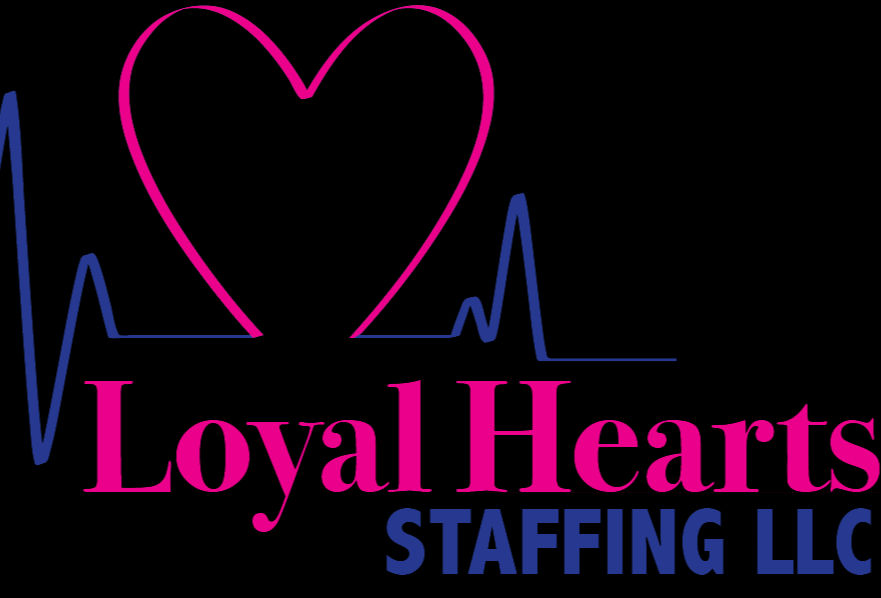Self-care for vaginitis
- April Swanson

- Feb 27, 2023
- 2 min read
[et_pb_section fb_built=”1″ theme_builder_area=”post_content” _builder_version=”4.17.4″ _module_preset=”default”][et_pb_row _builder_version=”4.17.4″ _module_preset=”default” theme_builder_area=”post_content”][et_pb_column _builder_version=”4.17.4″ _module_preset=”default” type=”4_4″ theme_builder_area=”post_content”][et_pb_text _builder_version=”4.17.4″ _module_preset=”default” theme_builder_area=”post_content” hover_enabled=”0″ sticky_enabled=”0″]
Vaginitis is a swelling or infection of the vulva and vagina. It may also be called vulvovaginitis. Vaginitis is a common problem that can affect women and girls of all ages. It can be caused by: Vaginal yeast infection, bacteria, viruses, and parasites. Bath bubbles, soaps, vaginal contraceptives, feminine sprays, and perfumes (chemicals). Menopause Not washing well Self-care for vaginitis Keep the genital area clean and dry when you have vaginitis. Avoid soap and only rinse with water to cleanse. Soak in a warm -not hot- bath. Dry thoroughly after this. Pat dry, do not rub. Avoid douching. Douching can make vaginitis symptoms worse by killing the healthy bacteria that line the vagina. These bacteria help protect against infection. Avoid using hygienic sprays, fragrances, or powders in the genital area. Use sanitary pads and no tampons while you have an infection. If you have diabetes, keep your blood sugar levels well controlled. Allow more air to reach the genital area. Wear loose-fitting clothing and no pantyhose. Wear cotton underwear (rather than synthetic) or underwear that has a cotton lining in the crotch. Cotton increases air flow and decreases moisture buildup. Do not wear underwear at night when sleeping. Girls and women should also: Know how to properly clean the genital area when bathing or showering. Clean themselves well after using the bathroom, always from front to back. Wash thoroughly before and after using the toilet. Always practice safe sex. Use condoms to avoid getting or spreading infections. Treatment of vaginal yeast infections Creams, pills, or suppositories are used to treat vaginal yeast infections. You can buy most over-the-counter at pharmacies, some supermarkets, and other stores. Self-treatment at home is probably safe if you: You have had vaginal yeast infections before and know the symptoms, but you have not had a large number of these infections in the past. Your symptoms are mild and you do not have pelvic pain or fever. You are not pregnant. It is not possible that you have another type of infection from recent sexual contact. Follow the instructions that come with the medicine you are using. Use the medicine for 3 to 7 days, according to which type you are using. Do not stop using the medicine early if your symptoms go away before you have finished using it. Some medicines to treat thrush are used for only one day. If you do not have thrush, a one-day medicine may often work. Your doctor may also prescribe a medicine called fluconazole. It is a pill that you take once by mouth. For more severe symptoms, you may need to use the antifungal medicine for up to 14 days. If you have frequent vaginal yeast infections, your doctor may suggest using yeast infection medications every week to prevent them. If you are taking antibiotics for another infection, eating yogurt with live cultures or taking Lactobacillus acidophilus supplements may help prevent a vaginal yeast infection.
[/et_pb_text][/et_pb_column][/et_pb_row][/et_pb_section]








Comments